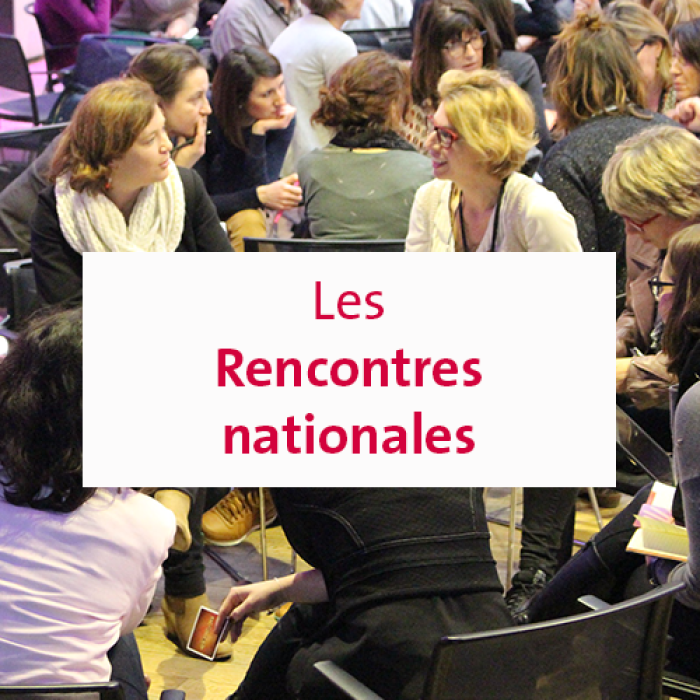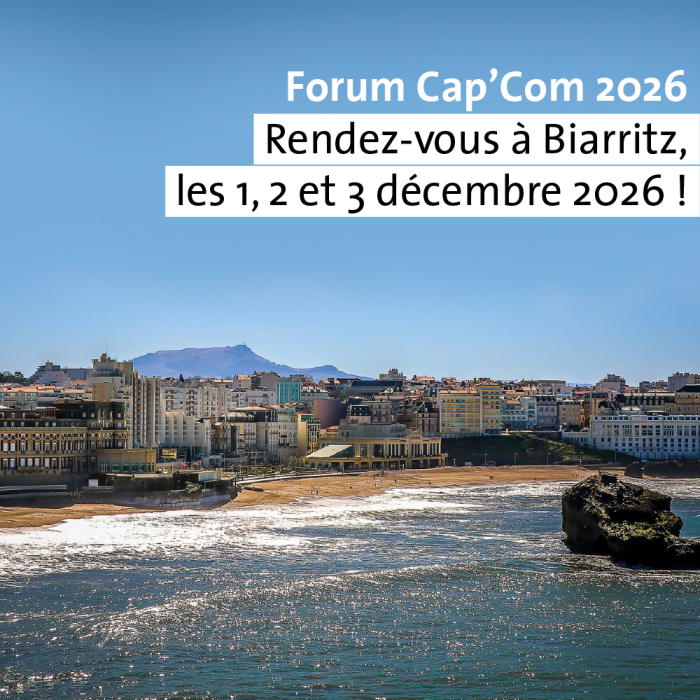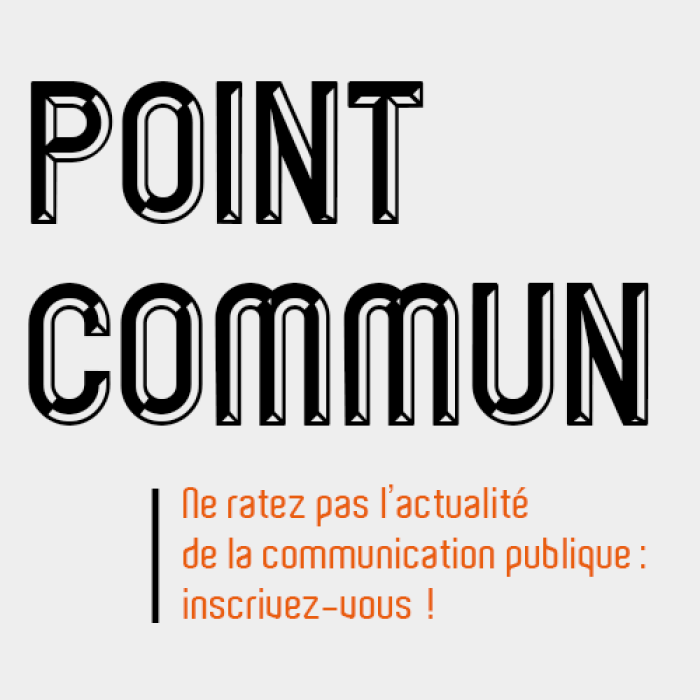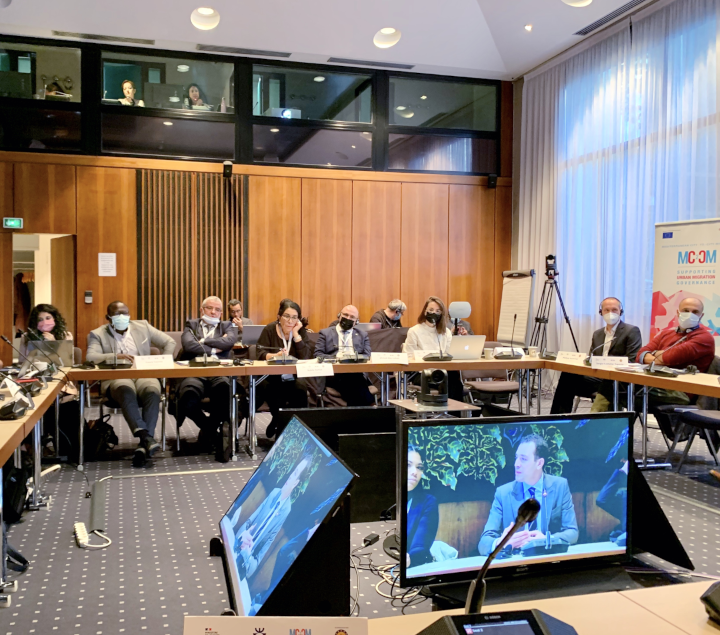
Migration : a Mediterranean city-to-city dialogue
Until war broke out in Ukraine, talking about migration was often seen as fear-mongering. Yet it is now a reality, experienced at town and city level. Last autumn, to present innovative local communication initiatives that shape and balance the migration narrative, the MC2CM (Mediterranean City-to-City Migration Project) organised the Urban Communicators' Labs as part of the EMNC Euro-Mediterranean conference.
The aim of the Paris conference (2-3 November 2021) was to strengthen the role of local players as promoters of objective, representative narratives and facilitators of dialogue by :
- giving room to the local perspective on these issues
- presenting practical and innovative communication actions
- and by encouraging peer-to-peer learning (notably through the organisation of a half-day laboratory workshop)
The Ukrainian emergency
With 10% of its population seeking exile and nearly 10 million displaced persons (25% of the population), Ukraine is changing the way many Europeans view the issue of migration. The proximity of a conflict of this kind (conventional and international) involving the mass destruction of infrastructures and cities is shifting boundaries in terms of perception of the migration phenomenon, with tangible consequences on a regional level (see our article “Public communicators and the war in Ukraine”) :
- Spontaneous organisation of local solidarity groups
- Engagement by many local elected officials and associations of all kinds
- Hosting of Ukrainian families by local institutions
We presume that the next meetings organised by the ICMPD and MC2CM will focus largely on this issue. In the meantime, there are very interesting points of view on the ICMPD blog, in particular these two articles on the challenges of hosting and integrating Ukrainian refugees * Integration of Ukrainian refugees : The road ahead * The war in Ukraine and the renaissance of temporary protection - why this might be the only way to go
The proceedings were opened by Mustapha Elouizi, a journalist and communication trainer, who spoke about narrative that forms the backbone of the media story, the “reconstruction of facts”. For him, “it is a heart that sees, in relation to something as human as migration. The entire history of humanity consists of stories of migration. All the prophets have migratory narratives,” and he quoted Roland Barthes on this subject, before concluding with two questions. How can we avoid the pitfalls of the information spectacle? How can we avoid scapegoat narratives? Invited to the introductory session, Cap'Com took part in this international meeting by drawing on the city of Monpellier’s rescue of the Afghan mayor of Ghazni and his family.
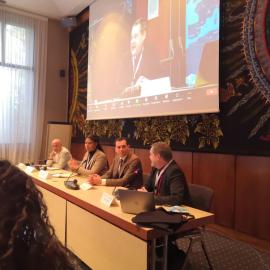
Among the speakers who followed, Marta Perez Ramirez, project coordinator at the Spanish Network of Intercultural Cities (RECI) – Intercultural Cities Programme (ICC-CoE) Antirumours, set out an interesting antirumour strategy created by Spanish cities and now adopted by 45 cities in Europe. She also gave details of the accompanying toolkit. Lamine Abbad, project manager at the ICMPD, then added: "It’s difficult to make your voice heard by a government when you’re a small town, but it’s much easier when you form a network.” This point was taken up symmetrically, placing cities at the forefront of anchoring public communications in pragmatism and evidence (revealing at a local level the full complexity of human movement). “Government has a responsibility to communicate facts and needs as objectively as possible,” stressed Erik Den Hoedt, Director of Operations at the Dutch Ministry of General Affairs and Vice President of the Club of Venice.
Another notable speaker was Magali Fricaudet, head of the "Via le Monde" international department at the Seine-Saint-Denis council in France: “We realise that many young people do not know the story of their parents' migration. It’s hard to talk about exile! There are considerable tensions in our region between those already settled here and recent arrivals. Hospitality is also a question of access to rights.” She then led a field visit to her area, where she introduced conference participants to local players involved in the processes of welcoming migrants, socialisation, dialogue and cultural animation.
What is the MC2CM ?
Based on the premise that migration is a defining feature of urbanisation (accommodation and interactions), the Mediterranean City-to-City Migration project (MC2CM) contributes to improved rights-based migration governance in cities. Through dialogue, knowledge and action, MC2CM anchors migration governance to a process of urban development planning, promoting a realistic and fair discourse on migration. Developed within the framework of the Mediterranean Transit Migration Dialogue (MTM), MC2CM is anchored in a network of Euro-Mediterranean cities. It is funded by the European Union and co-funded by the Swiss Agency for Development and Cooperation and run by the International Centre for Migration Policy Development (ICMPD), United Cities and Local Governments (UCLG) and the United Nations Human Settlements Programme (UN-HABITAT).

